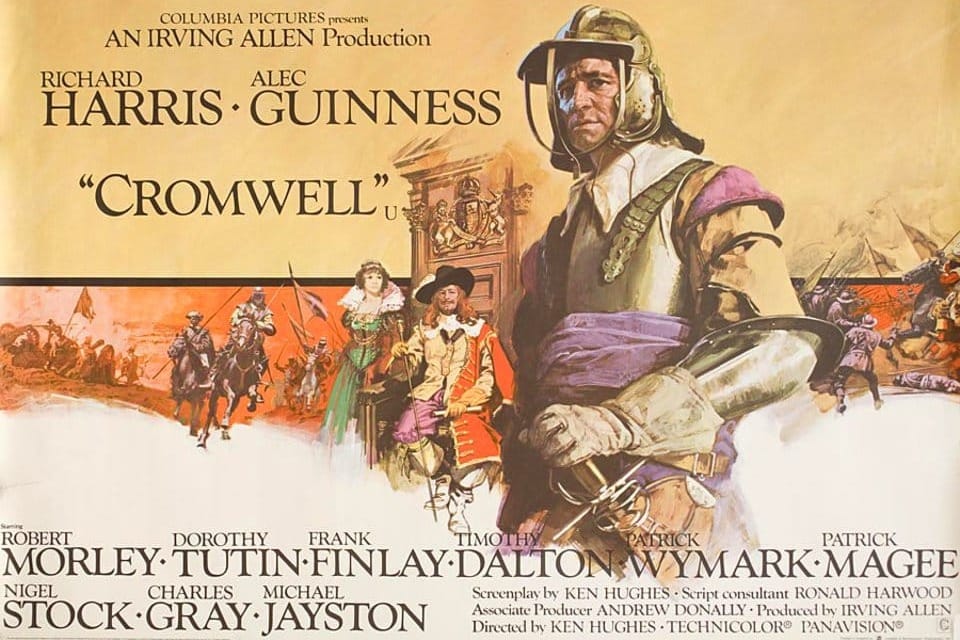The English Civil War
Royalists argued that any attempt to limit the King was to go against God's will.

Key words
- by no means: not at all
It is by no means clear what the president can do to end the strike.
- Infallible: never wrong, or never failing
Even the experts are not infallible.
- Glaringly: (of something bad) in a way that is very obvious
Voters want solutions to the problems that are glaringly apparent on their streets.
- the last straw: the last in a series of unpleasant events that finally makes you feel that you cannot continue to accept a bad situation
She's always been rude to me, but it was the last straw when she started insulting my mother.
- Puritan: a member of an English religious group in the 16th and 17th centuries who wanted to make church ceremonies simpler
During the 17th century the Puritans destroyed many decorations in English churches.
Read the article to find the answers
- What kind of leader was Charles I?
- What was the last straw for the Puritans?
- Why was there widespread opposition to the monarchy?
- Where did the Civil War start?
After the Reformation
Parliament had no real power in England during the reign of King Charles I. It was a collection of aristocrats who met to advise the King and help him collect taxes. Charles I was openly corrupt and almost bankrupt. He was by no means an infallible leader, a fact that was glaringly obvious to both Parliament and the English people.
Since the Reformation, all English monarchs had been Protestants. Although outwardly Protestant, Charles I was married to a staunch French Catholic who brought up her children, the heirs to the English throne, as Catholics. Continued religious persecution was the last straw for the Puritans, who rejected the idea that Charles had a God-given right to rule.
A Divine Right to Rule
The concept of a divine right to rule was well established in England. The King claimed that a monarch was not subject to the earthly authority of his people, and his royalist supporters argued that any attempt to limit the monarch's powers was to go against God's will.
Charles I needed the financial support of Parliament to impose his policies and practices on Scotland. When this support was withheld, Charles saw this as a violation of his divine right and dismissed Parliament. He then decided to raise taxes throughout England. Widespread opposition to the monarchy grew among the general tax-paying population, and the Puritans gained many new supporters.
Parliament Reconvened
After Scotland defeated the monarch and took control of Newcastle and Durham in the north of England, Charles reconvened Parliament. The Puritan Parliament now represented an alternative power in the country to the King, and the balance of power began to shift.
Parliament lost no time in arresting and trying the King's closest advisers, and Charles was forced to agree to an unprecedented act that forbade the dissolution of the English Parliament. Charles I retaliated and the Civil War began in Nottingham on 22 August 1642.
The Parliamentary forces, also known as the Roundheads, eventually defeated the Royalist forces, or Cavaliers, loyal to King Charles I. King Charles I was tried and found guilty of high treason, the first time a reigning English monarch had been publicly tried and executed. The monarchy was abolished and England was declared a republic, with Oliver Cromwell as Lord Protector, but the monarchy was restored after Cromwell's death.
Discussion questions
- Do you have any questions about any of the vocabulary or grammar in this article?
- Has there ever been a civil war in your country?
- Has anyone ever claimed a divine right to rule?
- What is the history of parliament in your country?

Book a Lesson
Improve your English language communication skills by practicing with a qualified and experienced native speaker.





